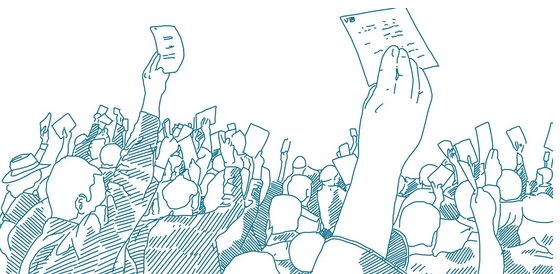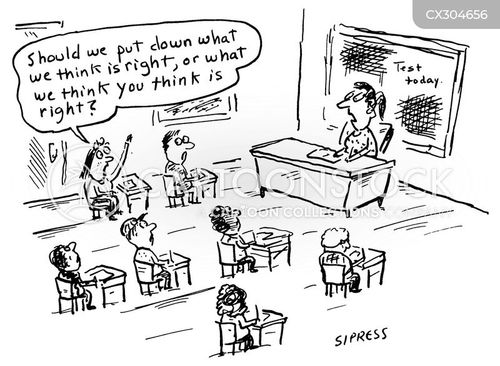George Orwell might sound doom and gloom but it has come to pass
Taken from the above website (Open Culture):
More than 60 years after his death and the closely preceding publication of his best-known novel 1984, we look to George Orwell as a kind of prophet of the ills of corporatism, socialism, authoritarianism, totalitarianism — any powerful ‑ism, essentially, in which we can find nasty, freedom-destroying implications. The BBC documentary Orwell: A Life in Pictures, which we featured a few years back, makes a point of highlighting Orwell’s “warning” to what he saw as a fast corporatizing/socializing/authoriatarianizing/totalitarianizing world. In the film’s final dramatized scene above (watch the complete film here), the re-created Orwell himself makes the following ominous prediction:
Allowing for the book, after all, being a parody, something like 1984 could actually happen. This is the direction the world is going in at the present time. In our world, there will be no emotions except fear, rage, triumph, and self-abasement. The sex instinct will be eradicated. We shall abolish the orgasm. There will be no loyalty except loyalty to the Party. But always there will be the intoxication of power. Always, at every moment, there will be the thrill of victory, the sensation of trampling on an enemy who’s helpless. If you want a picture of the future, imagine a boot stamping on a human face, forever. The moral to be drawn from this dangerous nightmare situation is a simple one: don’t let it happen. It depends on you.
This fictionalized Orwell — much like the real Orwell — doesn’t mince words. But as with most unminced words, these mask a more complicated reality. Though Orwell fans may find each individual piece of this speech recognizable, especially the bit about the boot and the face, the man himself never spoke it — not in this form, anyway.
It mixes documented statements of Orwell’s with words from the text of 1984, and its dramatic closer [“Don’t let it happen. It depends on you!”] comes, as writes Barnes and Noble’s Steve King, from a post-publication press release directed by publisher Fredric Warburg toward readers who “had misinterpreted [Orwell’s] aim, taking the novel as a criticism of the current British Labour Party, or of contemporary socialism in general.” The quotation from the press release was “soon given the status of a last statement or deathbed appeal, given that Orwell was hospitalized at the time and dead six months later.”






